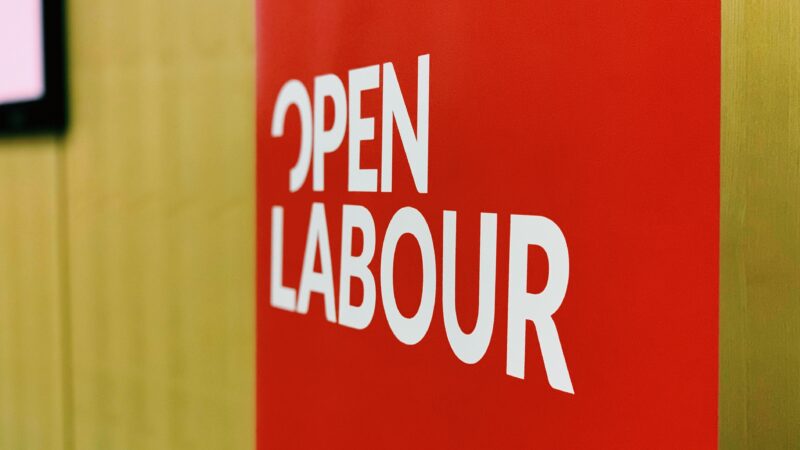Open Labour’s hustings yesterday saw three of the contenders make their case to succeed Jeremy Corbyn as Labour leader. Here are five things we learned.
The above photo is courtesy of James Calmus/LabourList.
- The Hindenbab Disaster was avoidable
If you supported Jess Phillips, you probably did so for one of two reasons. The first is that you sincerely believed that she is a strong speaker who says what she thinks, and that only a strong speaker could take on Boris Johnson and the Tories across the dispatch box. The second is that you wanted a strong moderate voice to articulate moderate policies clearly and well. What has become evident since she dropped out, and more so after the hustings, is that she ultimately was best placed in neither of those categories. If what you wanted was a witty centre-left MP with good policy chops, Alison McGovern was not only available, but also likely offered a more representative centrist platform than Phillips’ mish-mash of policies. Meanwhile, Thornberry is emerging as by far the best orator in the party, as well as the candidate who, um, shoots from the hip and says what she thinks. “I hate the SNP…I hate the SNP” was the ‘Wow, she really did just say that’ moment of the hustings.
- A reformed second chamber is close to a consensus position…
Talk of Lords reform was the order of the day – perhaps not surprisingly, in the wake of news that the government is considering relocating the second chamber. More or less every candidate spoke about not just having an elected Senate but also where it might be located (Long-Bailey pledged that it would be in the North). Should Labour commit to an elected and relocated second chamber, we might well start to see serious offers on devolution become de rigueur in the party. Of course, the fact that the ERS were sponsoring the event may well have influenced such talk, but it went down well, and the fact that every candidate tacked towards it suggests there’s more to come.
- …but despite that, electoral reform still isn’t
Despite each candidate more or less promising to rip up the ermine of the Lords with their bare hands if needed, offers on electoral reforms – like moving to PR – were basically a no-go. Thornberry leaned heavily on the relationship between MPs and their constituents under first past the post, Nandy was noncommittal, and Long-Bailey offered to try it in Manchester. For all that candidates were willing to bang the drum on Lords reform, the minute anything that changes the makeup of the Commons was suggested, they instantly backed off.
- Keir not being here was small beer
The Open Labour hustings went ahead without the frontrunner, Keir Starmer – who was unable to attend due to a family emergency. All candidates made overtures to Starmer, hammering home the good faith feel of the event, but what was perhaps particularly interesting was that the hustings didn’t feel like they had a Starmer-shaped hole in them. The three remaining candidates – Nandy, Long-Bailey, and Thornberry – all performed very well. There was a vibrancy to the debate, perhaps encouraged by the absence of the frontrunner, meaning each candidate had a clear run at the audience. The general softness of Open Labour might have been fertile ground for Starmer, but in his absence each of the remaining candidates made their pitch very clearly.
- No-one wants to play dirty – yet
“We’ve got quite a lot in common” remarked Rebecca Long-Bailey, “even if we are running against each other!” That good faith approach came through in her followup statement that “candidates ought to be responsible for what they say, and also what is said in their name.” That last part is crucial, given how much the behaviour of Corbyn supporters, in CLPs and online, became a recurring theme that damaged his leadership as a whole. The press was often quick to heap scorn on Corbyn’s media outriders and “WhatsApp groups” – tools used by pretty much every campaign which were neither new nor innovative, and which were spoken about with a bizarre fascination, as if private media briefings didn’t exist until 2016. There is little denying, however, that he did inspire a lot of feeling in members, and that under Corbyn the culture of the party unquestionably took a shift. It is becoming clearer that all candidates are attempting to run on at least some flavour of unity, and trying to pitch a clean-up of the party. The flipside, however, is that a big group of supporters willing to back you to the hilt no matter what is a useful tool. As the contest heats up, it’ll be interesting to see how long all candidates stick to the message of ‘softly-softly-control-your-fans’.


